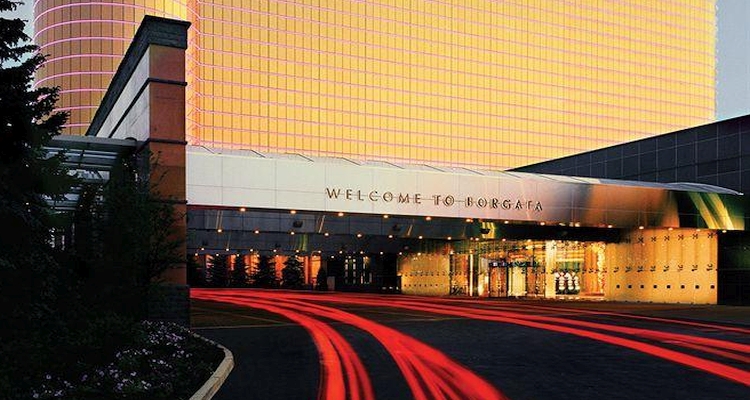The on-going legal battle between poker pro Phil Ivey and Atlantic City’s Borgata Hotel and Casino has been well documented over the last couple of years. Towards the end of October, U.S. District Court Judge Noel Hillman acquitted Ivey of fraud but pointed out that by using ‘edge sorting’, Ivey and his playing partner Cheung Yin Sun had breached the New Jersey Casino Control Act.
Judge Hillman gave the Borgata Casino a 20 day deadline to determine the extent of financial damages the casino suffered as a result of Ivey and Sun breaching the casino control act. On November 11, the legal counsel representing the Borgata completed their supplemental filing and stated that the extent of damages amounted to more than $15 million. Ivey and Sun won around $9.6 million at the casino playing mini-baccarat. However the legal team determined that there were three areas that were also impacted by Ivey and Sun and needed to be compensated.
The first area is his winnings at the craps table during 2012. Ivey played craps on four occasions at the Borgata and was successful only once in July 2012 winning $504,000. The Borgata believes that Ivey should only have his original bankroll refunded as he used the money he won at mini-baccarat to keep funding his bankroll at the craps table.
The second area is casino comps which most casinos offer to their VIP clientele as they are confident that these high rollers will often lose large sums of money on the casino floor. Ivey was allegedly offered around $250,000 in casino comps and the Borgata wants this back.
The third area is expectation damages and this is where the Borgata is hitting Ivey with a $5.4 million charge. Expectation damages is the amount that the casino believes it would have made if Phil Ivey and Sun were playing mini-baccarat with the general house edge. In mini-baccarat, when the player banks on the ‘banker’ the house edge is around 1.06% and when the bet is placed on the player, the house edge goes up to 1.24%. Ivey played a total of 8618 hands of mini-baccarat where his average hand was $56,350.08.
The legal team factored both the two house edges along with Ivey’s average hand and determined that the Borgata should have made $5,418,311.40 during Ivey’s four sessions at the casino. The Borgata did not include any legal fees or interest charges or else the amount would have been a lot higher.
If Judge Hillman had to rule that Ivey was guilty of RICO claims and fraud, then the Borgata casino would have been in a position to have claimed damages in the range of $30 to $45 million. Phil Ivey and his team have another 20 days to file an appeal, which will most likely cause a delay in the final approval of the assessment charges.


